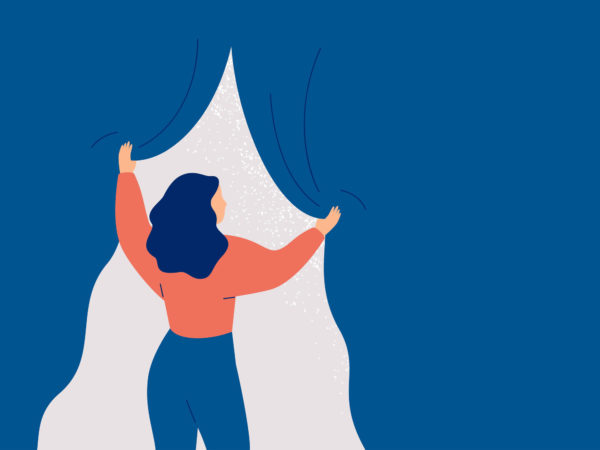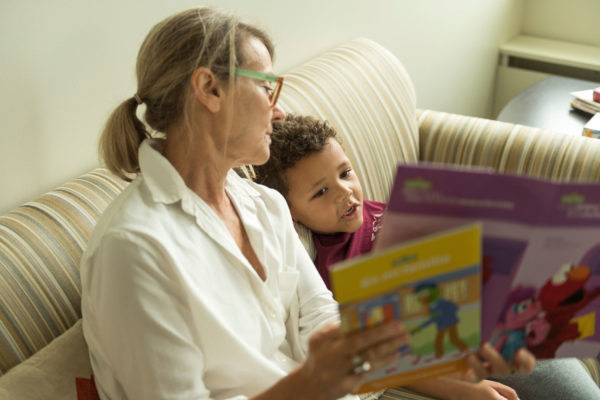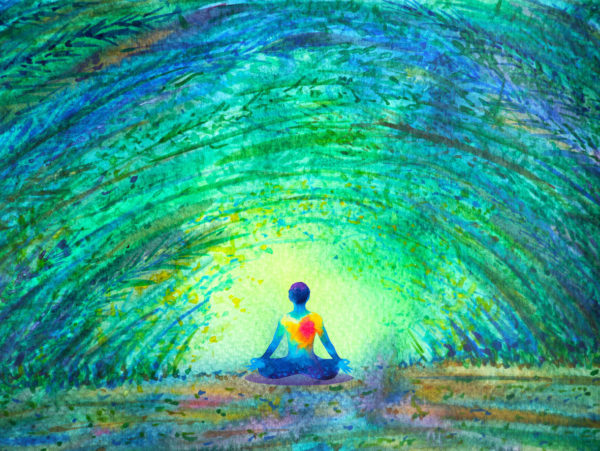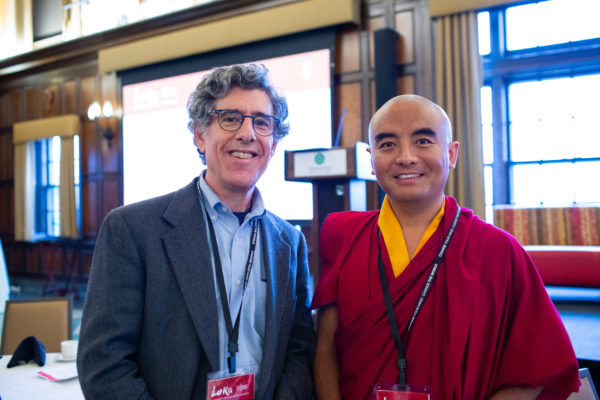News

Researchers at the Center for Healthy Minds found that people who took part in the most common and widely available secular mindfulness program did not experience psychological harm at a rate higher compared to people in control groups who did not take part in the program.

A new study from Center faculty member, Dr. Julie Poehlmann-Tynan and other researchers at the University of Wisconsin–Madison finds that families affected by parental incarceration benefited from resources that Sesame Workshop developed to support them.
Humanity has an opportunity to transform negative emotions like fear and anxiety into determination and compassion for others, according to His Holiness the Dalai Lama. This message of hope is front and center in the Dalai Lama’s recent video conversation with Dan Harris, ABC News anchor and co-founder of Ten Percent Happier, and Richard Davidson, University of Wisconsin–Madison professor and founder of the Center for Healthy Minds.

Healthy Minds Innovations offers a live meditation every weekday during the COVID-19 pandemic. The sessions start at various hours to ensure that people in different time zones can participate.

The Center for Healthy Minds is launching new studies to understand how the COVID-19 pandemic affects mental health and whether certain skills can help reduce stress and improve emotional well-being in a wide range of people across the United States.

In a recent study, the brain of monk and long-time meditator Yongey Mingyur Rinpoche, who was 41 years old at the time, looked eight years younger than his actual age. The possibility that a person’s “brain-age” might be affected by meditation adds to a growing list of how mental training may yield lasting changes.

